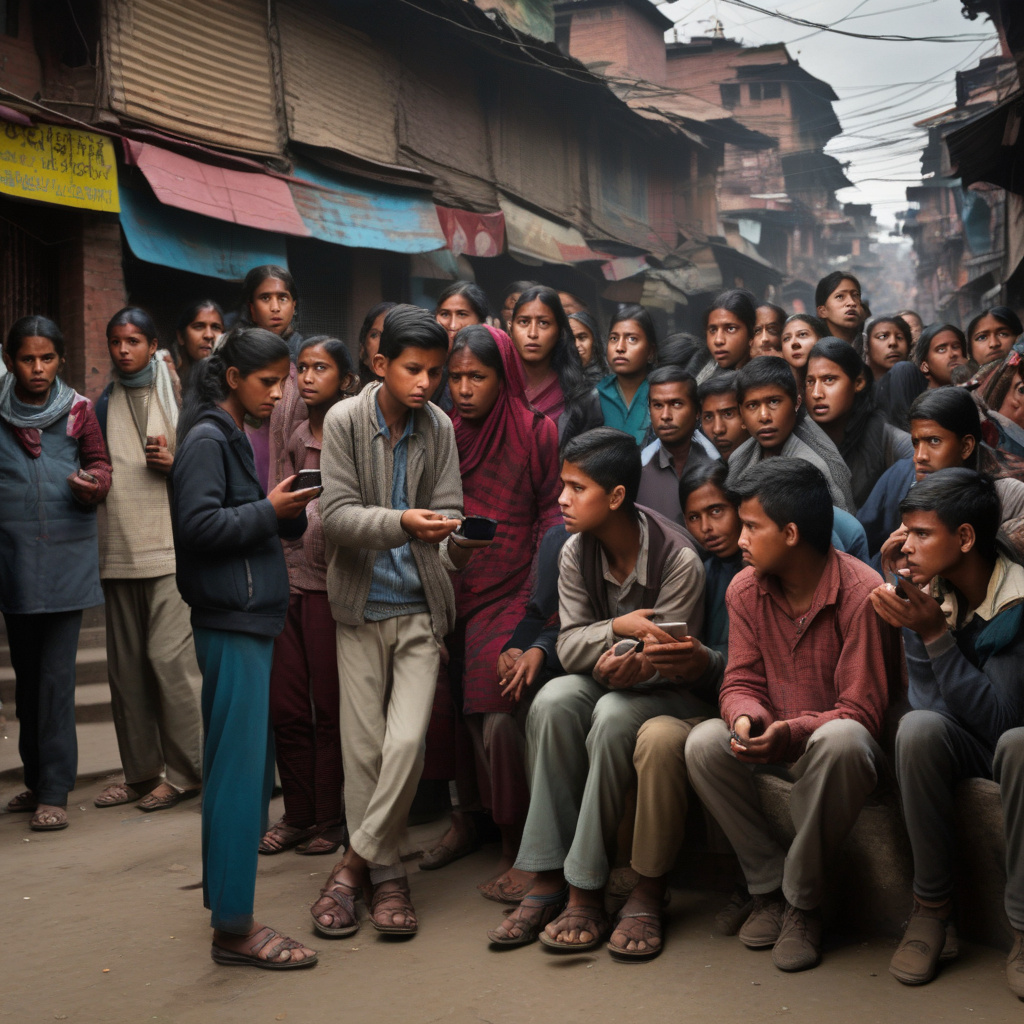Nepal Blocks Facebook, Instagram, YouTube, and More: A Closer Look at Censorship Concerns
In a recent move that has sparked debates and concerns, Nepal has taken a bold step by blocking access to 26 social media platforms, including heavyweights like Facebook, Instagram, and YouTube. The reason behind this drastic measure? These platforms have been accused of failing to comply with Nepal’s registration requirements, raising significant censorship concerns in the country.
This decision by Nepalese authorities underscores a growing global trend where governments are increasingly asserting control over social media platforms in the name of regulation and national security. While the intention behind such actions may be to ensure compliance with local laws and regulations, the implications for freedom of expression and access to information are profound.
At the same time, this move by Nepal raises important questions about the balance between regulatory oversight and censorship. While it is crucial for platforms to adhere to legal requirements in the countries where they operate, blanket bans can have far-reaching consequences, limiting citizens’ ability to express themselves, access information, and engage with the global community.
Moreover, the blocking of popular social media platforms like Facebook, Instagram, and YouTube not only affects individuals’ ability to connect and communicate but also has significant implications for businesses, content creators, and digital marketers who rely on these platforms for outreach and engagement.
This situation also highlights the need for a nuanced approach to regulatory enforcement in the digital age. While governments have a legitimate interest in regulating online content, it is essential to strike a balance that upholds fundamental rights such as freedom of expression and access to information. Heavy-handed measures like blanket bans can stifle innovation, creativity, and the free flow of ideas.
As IT and development professionals, it is crucial to stay informed about such developments and advocate for policies that promote an open, secure, and inclusive digital environment. By engaging in discussions, raising awareness, and supporting initiatives that uphold digital rights, we can contribute to a more transparent and democratic online space for all.
In conclusion, Nepal’s decision to block social media platforms like Facebook, Instagram, and YouTube over alleged rule breaches shines a spotlight on the complex interplay between regulation, censorship, and freedom of expression. As we navigate these challenges, it is essential to advocate for policies that strike a balance between regulatory compliance and the preservation of fundamental rights in the digital realm. Let us continue to monitor these developments closely and engage in constructive dialogue to shape a more open and inclusive digital future for all.

